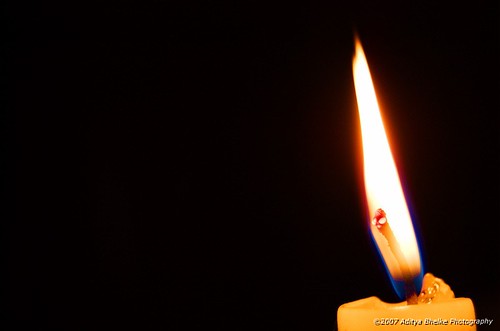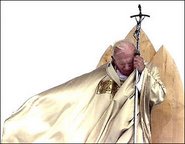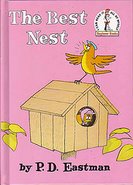 Cheat Sheet | The drill on improving fire safety around home October is Fire Prevention Month. Here are some ways, suggested by public and private groups, to help keep your house fire-safe throughout the year.
Cheat Sheet | The drill on improving fire safety around home October is Fire Prevention Month. Here are some ways, suggested by public and private groups, to help keep your house fire-safe throughout the year.What's cooking? Don't overload kitchen electrical outlets, and don't use appliances with frayed or cracked wires. Never leave the kitchen when you're cooking. Keep flammable items (towels, paper or plastic bags, curtains) at least three feet from the range top. Roll up your sleeves - clothes can ignite if they touch a hot burner.
Smart work: Clean the exhaust hood and duct over the stove regularly, and wipe up spilled grease as soon as the stove surface is cool. Run your microwave only when there's something in it. Mount fire extinguishers in the kitchen (and garage and workshop) - 5-pound ABC-class extinguishers are available at hardware stores and home centers - and learn how to use them on small fires. If there's a big fire, get out, then call 911.
It's hot outside, too: Never leave barbecue grills unattended while they're in use. Keep them at least three feet from the house and shrubs or bushes.
Light and heat: Store matches and lighters in a locked cabinet. Keep space heaters at least three feet from things like curtains or newspapers. Always turn off heat ers when leaving the room or going to bed. Have chimneys, fireplaces, wood stoves and furnaces inspected annually and cleaned as needed.
ers when leaving the room or going to bed. Have chimneys, fireplaces, wood stoves and furnaces inspected annually and cleaned as needed.
Cautionary tales: Don't use extension cords with electrical space heaters; the current they require could melt the cord and start a fire. When lighting a gas space heater, strike your match first, then turn on the gas. Never use a gas range as a substitute for a furnace or space heater. Keep things that can burn away from your fireplace and keep a glass or metal screen in front of it.
Smoke carefully: Puff outside. Use large, deep ashtrays on sturdy surfaces. Douse cigarette and cigar butts with water before dumping them in the trash. Never smoke in bed. Don't smoke when you a re drinking or are unusually tired.
re drinking or are unusually tired.
Current advice: It's best not to use extension cords, but if you must, make sure the cords are not frayed or worn and are rated by the Underwriters Laboratories (UL). Don't overload sockets. If a light fixture says to use a 60-watt bulb, don't use 100 watts. Check periodically for loose wall receptacles, loose wires, or loose lights. Allow air space around TVs, lamps, radios and other appliances.
Candles in the wind: Never leave burning candles unattended. Don't allow children to keep candles or incense in their rooms. Always use stable candle holders made of materials that won't catch fire, such as metal and glass. Extinguish the candles when adults leave the room.
Dry spell: Never leave home with the clothes dryer running. Vent the dryer to the outside, not into a wall or attic. Clean the lint screen frequently to keep the airway clear. Never put in synthetic fabrics, plastic, rubber, or foam, because they retain heat. 
Sound the alarm: Install smoke alarms on every level of your house. For the best detection and notification, install both ionization and photoelectric-type smoke alarms; some models provide dual coverage. Put alarms inside or near every bedroom. Test them monthly to make sure they work. Put in new batteries once a year, sooner if the detector starts chirping. If your alarms are hard-wired, make sure they have battery backup in the event of power disruptions. There are smoke detectors for the hearing-impaired available on the Internet.







3 comments:
All great info, Im gping to go over this stuff again with my kids
All great info, Im gping to go over this stuff again with my kids
Post a Comment